It’s the new group on the block. Predator Free Dunedin launched just a few weeks ago in early October. But while the umbrella organisation is newly formed, it’s made up of 20 well-established Dunedin volunteer groups and larger organisations representing a wealth of Otago conservation experience.
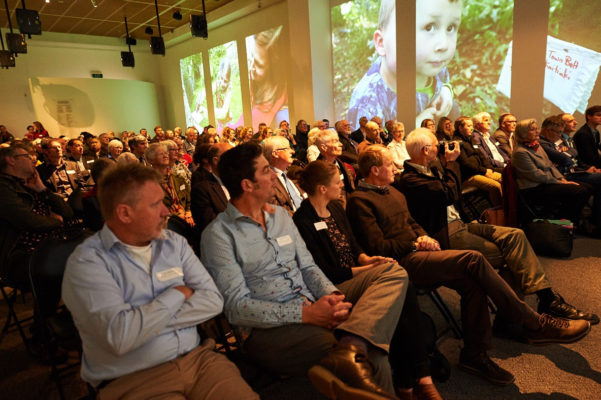
“Predator Free Dunedin includes big institutions like the University of Otago and Landcare Research, down to the smallest of the small NGOs (non-government organisations),” says project manager Rhys Millar.
With a Memorandum of Understanding drawn up and signed, a key priority now is to expand the work already being done on both sides of Otago Harbour, then connect those two landscape-scale projects through predator control in urban Dunedin.
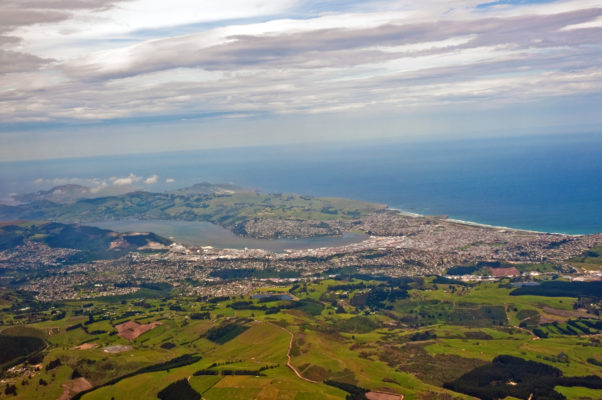
On the Otago Peninsula, the Otago Peninsula Biodiversity Group will continue its operation to eradicate possums from the peninsula within the next 5 years.
Across the harbour, the Halo Project (Landscape Connections Trust), working with Orokonui Ecosanctuary and OSPRI will expand its predator control in the landscape surrounding and beyond Orokonui. The third, on-ground delivery partner is currently being defined.
With such an ambitious, coordinated landscape-scale project, good communication is essential.
“The biggest challenge is keeping everyone informed and on the same page,” says Rhys. “There are sometimes multiple people in an organisation who are involved. Communication needs to be across all partners and up and down in the bigger organisations. We need to have a clear understanding of what we’re working towards and keep aligned.”
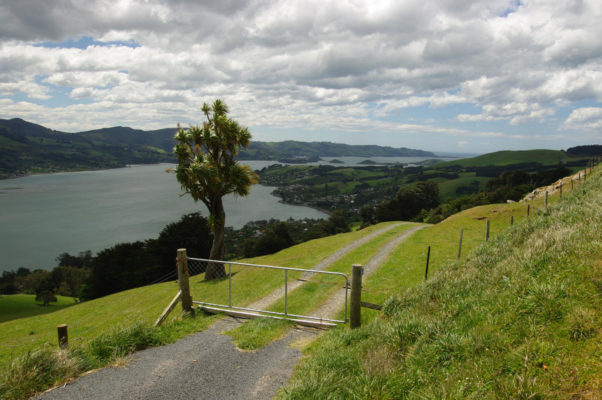
Predator control will be coordinated over a total of 31,000 hectares of Dunedin land, funded for the next 5 years by $4.33 million from Predator Free 2050, $1.5 million from Otago Regional Council and $850,000 from Dunedin City Council. But funding is only part of the contribution.
“Also, just as importantly, DCC’s own predator control in parks and reserves will be strategically aligned with Predator Free Dunedin,” says Rhys.
Research by partner organisations, including Landcare Research, University of Otago, Otago Polytechnic and Department of Conservation, will also be closely aligned with on-the-ground operational predator control.
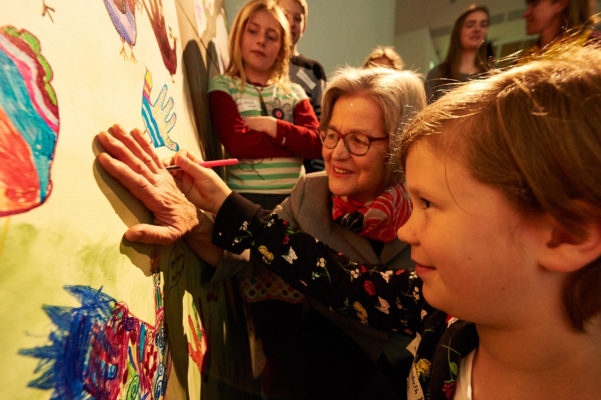
“We’re working with University of Otago and Landcare Research to define research strategy for the next few years to support the operational work,” says Rhys. “It’s all part of the bigger, National Science and Research strategy.”
Currently the group is working on their operating model, refining the planning for trapping methodologies, tools, techniques and the use of smart technology over the next 5 years. Rhys expects that process to be completed in the next two months or so.
At a community level, the partners of Predator Free Dunedin will continue to hold trapping workshops to upskill both volunteer community group trappers and Dunedin individuals and families who’d like to start trapping in their own backyards. The group also aims to provide one-on-one support and advice to home trappers as well as employing contract trappers in some cases, such as where terrain is difficult.
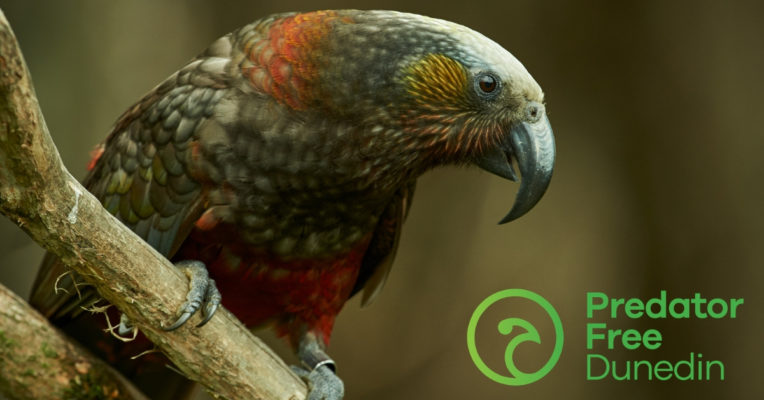
“Predator Free Dunedin will be coordinating support,” says Rhys, “We’ll provide know-how, support, tools and training to get the Dunedin community working together.”
Dunedin has long marketed itself as the ‘Wildlife Capital’ of New Zealand. With long-term predator control funding now assured, it may soon be challenging Wellington as the ‘Predator Free Capital’ of New Zealand too.

